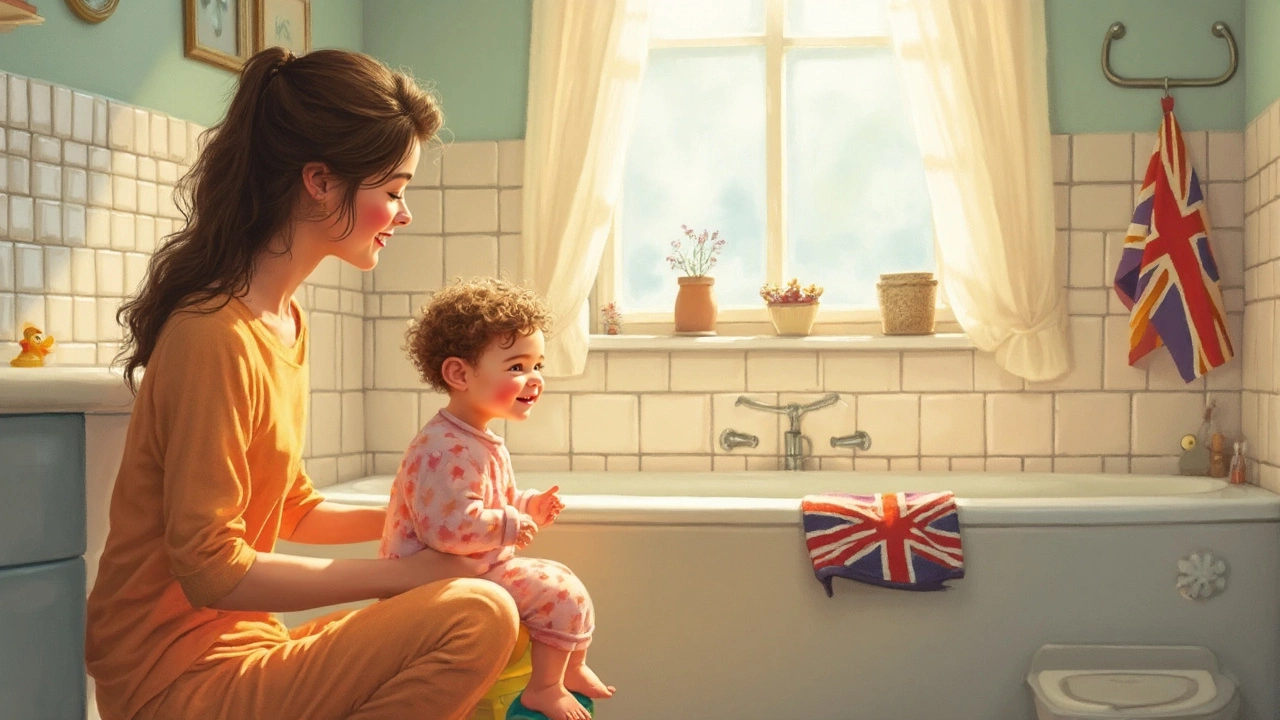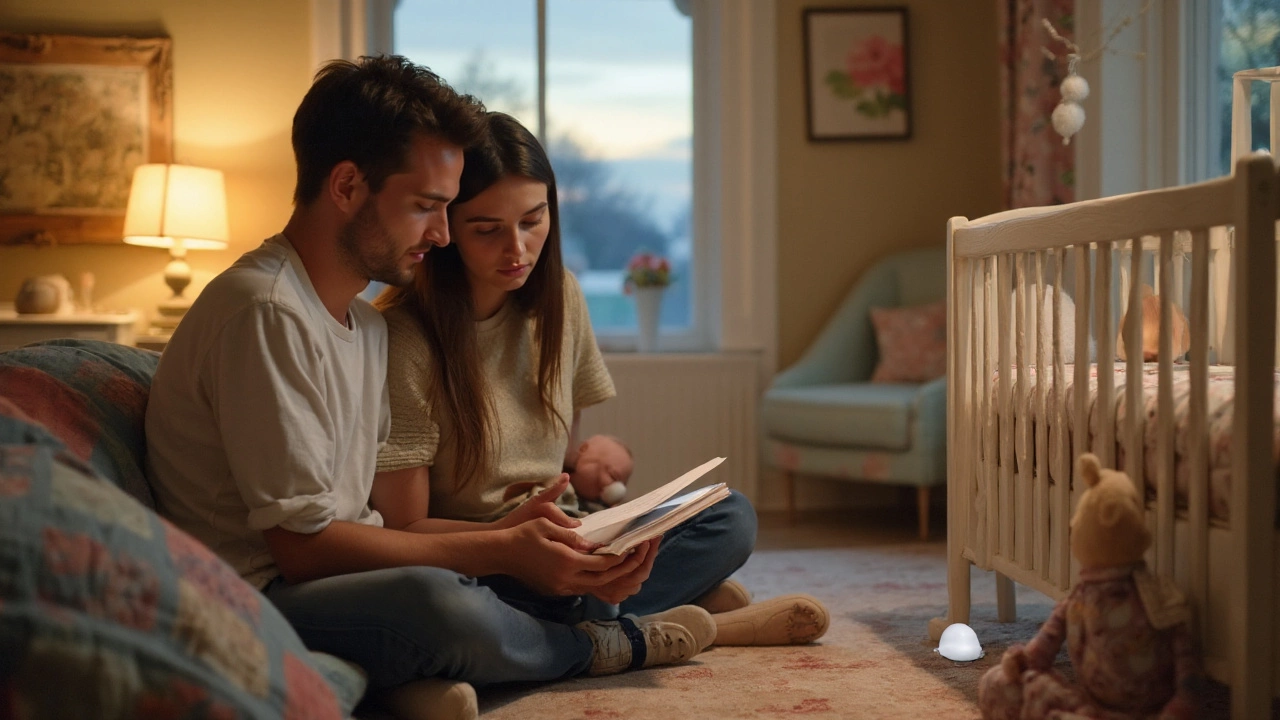August 2025 Parenting Insights: Potty Training Stats & Safer Baby Monitors
Hey there, parent or soon‑to‑be parent! Looking for straight‑forward answers about getting your toddler out of diapers or keeping your little one safe at night? In August 2025 we posted two deep‑dive guides that cut through the noise and give you practical, real‑world advice you can use today.
Understanding Potty Training for 3‑Year‑Olds
First up, the big question: are most 3‑year‑olds potty trained? The short answer is yes, but the journey isn’t the same for every family. Our research pulled data from several parenting surveys and found that about 78 % of children are fully potty trained by age three. That means roughly one in five kids are still learning the ropes – totally normal, not a failure.
Why do some kids lag behind? The biggest factors are readiness cues, consistency, and how pressure‑free the routine feels. Kids who show interest in the bathroom, can stay dry for two‑hour stretches, and can follow simple directions usually move faster. On the flip side, frequent changes in daycare, a sudden new sibling, or a stressful life event can delay progress.
What can you do right now? Start with a simple schedule: take your child to the toilet every two hours, especially after meals and before bed. Keep the bathroom inviting – a small step stool, a fun‑themed seat, and a favorite storybook can turn a chore into a mini‑adventure. When success happens, celebrate with a high‑five or a sticker; when accidents occur, stay calm and reassure them that it’s part of learning.
Real‑life parents we talked to shared a trick that helped: they set a “potty alarm” on a basic kitchen timer. When it buzzed, everyone took a quick bathroom break together. The routine became a family habit, and kids felt less singled out. If you’re dealing with resistance, try letting your child pick a special potty‑training reward chart. Ownership makes the process feel less forced.
Bottom line – don’t compare your child to a chart posted on a wall. Focus on consistency, patience, and making each bathroom visit a low‑stress event. If you hit a plateau after three, give it a week or two off, then restart with fresh enthusiasm.
Choosing a Non‑WiFi Baby Monitor
Now onto night‑time safety. WiFi baby monitors promise crystal‑clear video and smartphone alerts, but they also open a door to potential hacks, signal interference, and constant app notifications. Our guide explains why many parents are opting for non‑WiFi alternatives.
Non‑WiFi monitors use either DECT (Digital Enhanced Cordless Telecommunications) or FHSS (Frequency‑Hopping Spread Spectrum) technology. Both operate on dedicated radio frequencies, which means there’s no internet connection to breach. The result? A private, interference‑free signal that’s harder for strangers to intercept.
How do you pick the right one? Look for a monitor with a strong range (at least 300 ft indoor), clear night‑vision, and a reliable two‑way talk feature. Battery life matters too – models with a 10‑hour standby time let you move around the house without constantly recharging.
Parents we surveyed loved the simplicity of a plain‑old‑fashioned monitor. One mom said, “I can hear my baby’s breathing in real time without worrying about my phone lighting up at 2 am.” Another dad highlighted the peace of mind that comes from a monitor that can’t be turned off remotely.
To set up a non‑WiFi monitor, place the parent unit in your bedroom and the camera near the crib, out of reach but with a clear view. Test the signal by walking around the house with the parent unit; if you notice drop‑outs, try repositioning the camera or using a signal‑boosting antenna.
In short, if you value privacy and want a no‑frills, reliable way to keep tabs on your newborn, a non‑WiFi monitor checks all the boxes. It may lack fancy apps, but it delivers the basics you need – sound, video, and peace of mind.
Those two posts from August 2025 give you data‑backed tips for potty training and a clear roadmap for choosing a safer baby monitor. Bookmark them, reference them when challenges pop up, and feel confident that you’re making informed decisions for your family.
Are Most 3 Year Olds Potty Trained? Tips, Stats, and What Real Parents Face
Are most 3-year-olds potty trained? Get real stats, expert tips, and honest advice on childhood potty training ages, timelines, and what helps.
Read moreWhy Choose a Non-WiFi Baby Monitor: Safer Alternatives for Your Nursery
Thinking about a WiFi baby monitor? Learn why skipping WiFi options might be safer and how to find the best alternative for your family's peace of mind.
Read more
